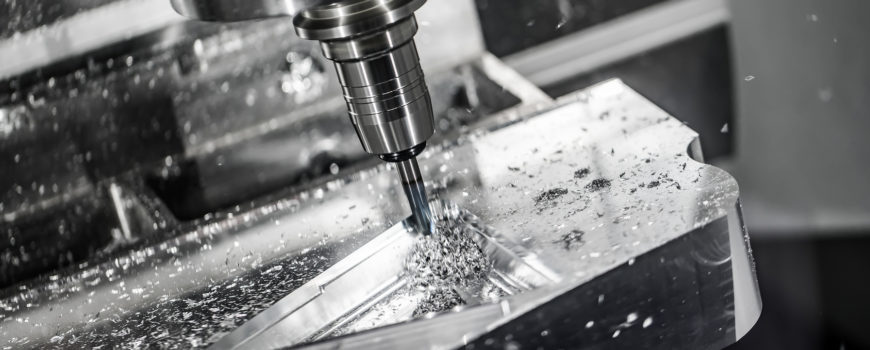Most industries are concerned about quality machining for manufacturing industries. In the same way, precision machining for medical and aerospace industries is very important. And did you know that aerospace and medical machined parts should meet certain criteria of quality and tolerance for them to perform efficiently?
Tag Team manufacturing company has been in the manufacturing business for a considerable amount of time. We started this company in the year 1987, and since then, we have continued to grow and develop our experiences as well as processes. For that reason, we can produce even the most challenging and intricate medical and aerospace industry machining parts.
Why work with Tag Team Manufacturing?
We have a team of specialized industry experts who are passionate and dedicated to their job as the core of our company have been with us 10+ years. When you reach out to us, one of our well trained and specialized staff members will attend to all your machining needs from blue print to completion.
Tag Team Manufacturing has access to a wide range of secondary vendor services as well as quality machining capabilities, and that gives an upper hand when it comes to producing demand products. Therefore, if you are looking for a company that can cater to all your needs, Tag Team is the place to be.
To make sure we deliver blue print specific designs, our team will review the design and discuss any questions before we begin your project. From there, our developed CNC automation and CNC precision machining will ensure that we deliver aerospace and medical machining that meet your expectations. You can rest assured that we will use all the available modern technology to craft what you need made.
Lastly, we have a quality department that ensures all products and services meet the required statutory, customer and regulatory standards. With this department in place, you can relax knowing that any product you get from us is of good quality. We always ensure that all the processes and procedures are followed to the later. In that way, we ensure that all the products have the right measurement and match your blue print exactly. Nothing leaves our facility without inspection.
CNC Machining services for medical Industries
The medical industry is very precise on what kind of machines they need regarding quality and design. Even the smallest machine parts are essential to the success of various lifesaving progresses in health care. Before we give you the end product, we always make sure that it meets your expectations and blue print 100% as the medical machines are very sensitive and are used for very crucial things.
CNC Machining services for aerospace industries
Tag Team Manufacturing has had extensive experience in CNC Machining of components for the aerospace industries for over 30 years now. We can produce even the smallest instrumental parts needed to kick off any project. We work with most of your alloys among other materials needed by the aerospace industry, including aluminum, stainless steel, carbon steel, brass and copper.
And just like in the medical industry, we always make sure every part made for aerospace meets your expectation and the specifications 100%. So, if you are looking for high precision machining in the aerospace industry, Tag team is the place to go.
Contact Us
If you are in need of quality and high tolerance precision machining for medical and aerospace industries, do not hesitate to contact us. We offer you quality products and services and at a competitive price and on time. Therefore, do not miss out on this opportunity, give us a call today at 303-841-5697.






